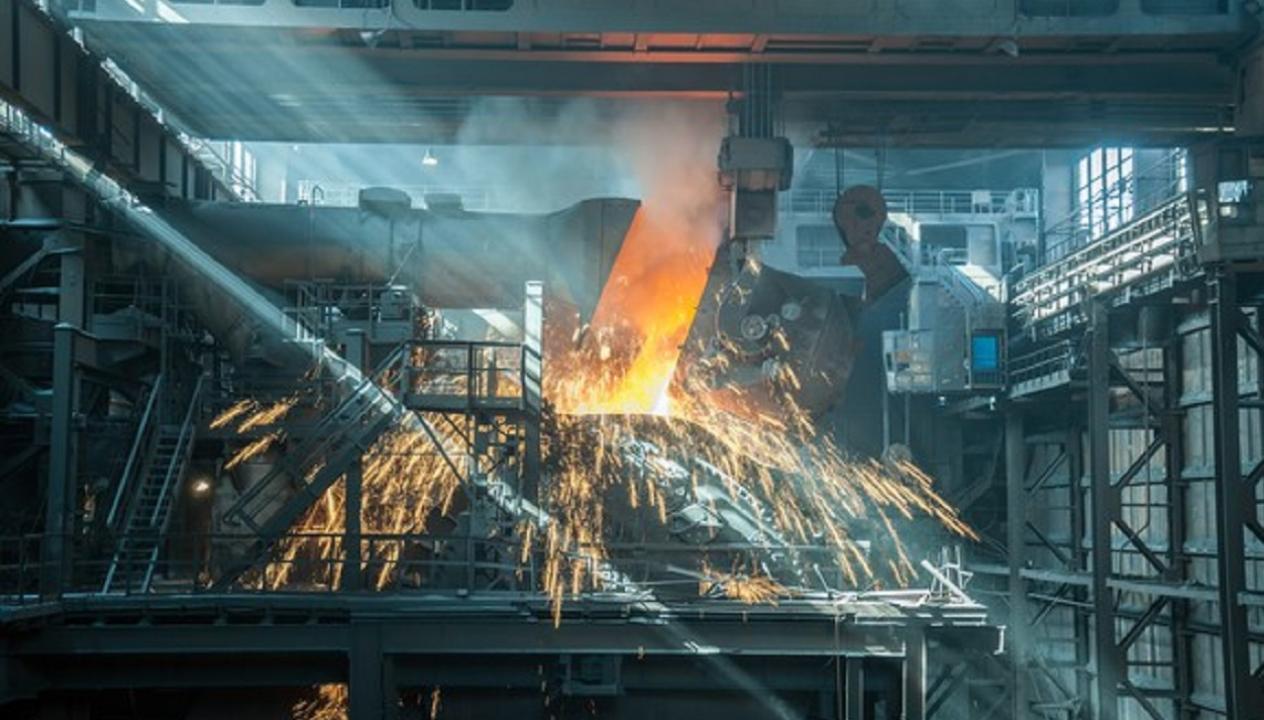Mexico responds to US 'anti-dumping' tariffs on steel
On the heels of the U.S. Commerce Department's announcement it is imposing anti-dumping tariffs on certain steel from China and Mexico, officials from the Mexican government downplayed the move late Wednesday.
Mexico said the tariffs are part of a normal investigation, according to a report by Reuters, and said that the "investigation in question is ongoing and the final outcome from the Commerce Department is expected at the end of January 2020.
In Washington, Commerce officials said that a preliminary review found that China and Mexico had "dumped" certain fabricated structural steel on the U.S. market, according to a department statement.
Anti-dumping traditionally occurs when a foreign manufacturer sells goods in the United States for less than the fair market value and causes harm to U.S.-based companies. The new tariffs will focus on fabricated steel often used in major building projects. Steel fabrication is the process of combining different manufactured structural steel parts through welding, assembling or fabricating, according to Northern Weldarc Ltd.
These tariffs latest salvo the Trump Administration's trade war with China, with each country imposing tariffs on each other in retaliation. Some tariffs on everyday items — like clothing and footwear — could cost the average household several hundred dollars a year, according to some economists. Tariffs on products like steel are harder to estimate a cost for the average consumer -- but have the potential to affect car prices and loss of jobs in the auto industry.
"The strict enforcement of U.S. trade law is a primary focus of the Trump Administration," according to the statement. "Since the beginning of the current administration, Commerce has initiated 182 new antidumping and countervailing duty investigations — a 231 percent increase from the comparable period in the previous administration."
CLICK HERE TO READ MORE ON FOX BUSINESS
The tariffs announced Wednesday come after the company U.S. Steel closed a plant in August and laid off approximately 200 workers in Gary, Indiana.




















